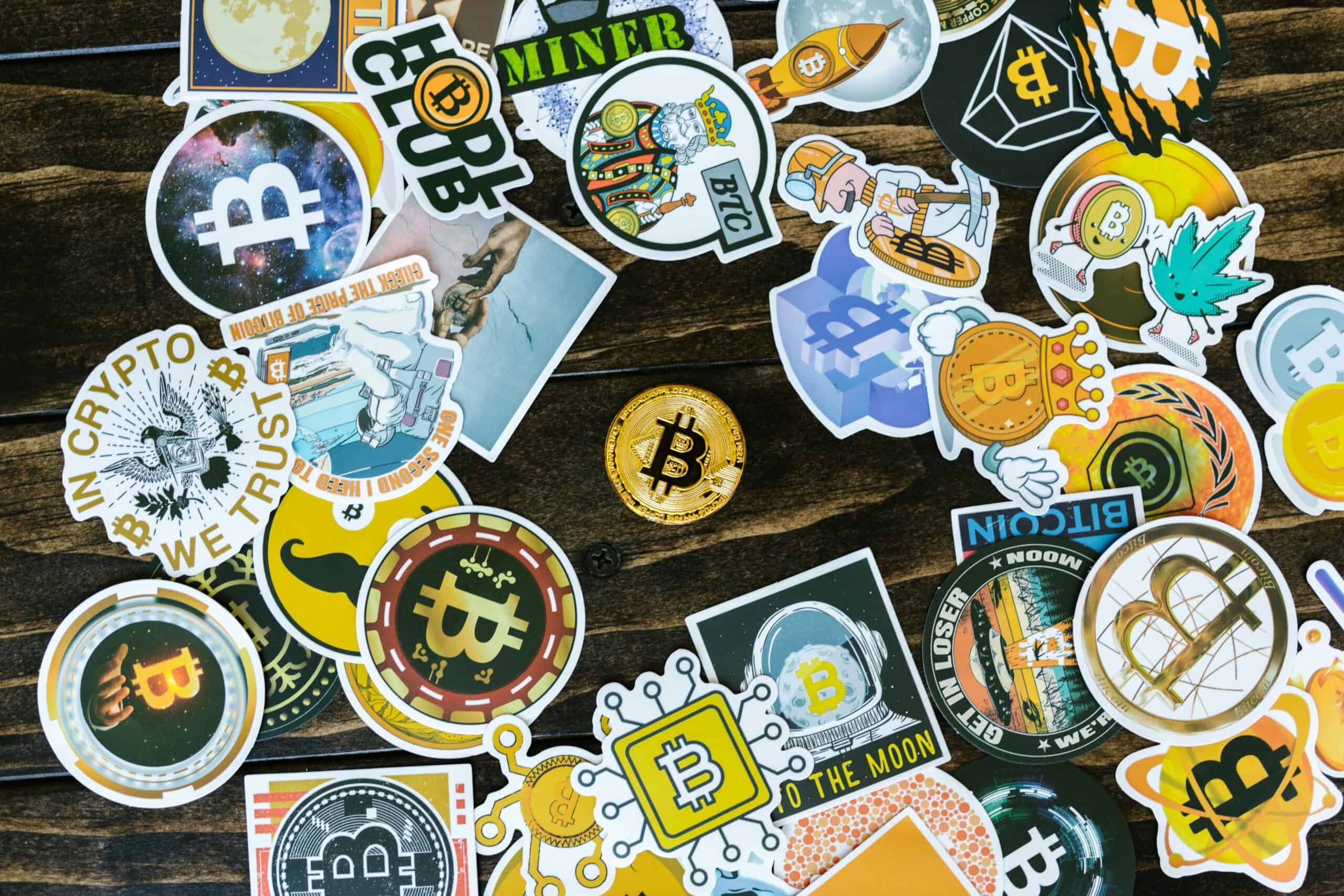Community Claim in Crypto: Concept, Benefits, and How to Participate

In the crypto ecosystem, various projects use incentives to attract users and build a strong community. One increasingly popular mechanism is Community Claim, where tokens are distributed for free or under certain conditions to eligible community members.
This article will explore the concept of Community Claim in Crypto, how it works, its benefits for users and projects, and the best ways to participate.
⸻
What Is Community Claim?
Community Claim is the process of distributing tokens to a project’s community without requiring direct purchases. These tokens are often given as a reward to early supporters or contributors to the project’s ecosystem.
Community Claim is typically carried out through mechanisms such as:
1. Airdrop – Free tokens are distributed to users who meet specific criteria.
2. Retroactive Reward – Tokens are rewarded to users who have previously interacted with the platform.
3. Staking Reward – Tokens are given to asset holders who have locked their tokens in a staking system.
4. Engagement Reward – Tokens are distributed to users actively participating in the community via forums or social media.
Community Claim vs Airdrop: What’s the Difference?
While Community Claim and airdrops are often confused, they have key differences:
| Aspect | Community Claim | Airdrop |
| Distribution Method | Users must manually claim tokens | Tokens are automatically sent to users’ wallets |
| Participation Requirement | Based on contributions or platform usage | Based on token ownership or simple tasks |
| Purpose | To build a loyal community | To promote the project widely |
⸻
How Does Community Claim Work?
Each project has different distribution methods, but in general, the Community Claim process follows these steps:
1. Determining Eligibility Criteria
• The project sets the requirements for receiving tokens, such as platform activity, token holdings, or community contributions.
2. Announcement and Claim Period
• Developers announce the Community Claim program through social media, official blogs, or community forums.
3. Claim Process
• Users visit the official project website, connect their crypto wallet (such as MetaMask or Trust Wallet), and claim their tokens if eligible.
4. Token Distribution
• Once claimed, tokens are sent directly to users’ wallets within a specified timeframe.
5. Token Utilization
• Claimed tokens can be used for staking, governance voting, transactions, or sold on exchanges.
⸻
Benefits of Community Claim for Users and Projects
Benefits for Users
• Free Token Rewards – Users can receive tokens without purchasing them.
• Potential Future Profit – If the project grows, the token’s value may increase over time.
• Ecosystem Participation – Claimed tokens can be used for staking, voting, or other activities within the platform.
Benefits for Projects
• Building Community Loyalty – Rewarding active users strengthens their engagement with the project.
• Increasing Adoption – Distributing free tokens encourages more people to use the platform.
• Attracting Investors – Community Claim programs can attract investor interest and increase the project’s exposure.
⸻
Examples of Successful Community Claim in Crypto
Several major crypto projects have successfully implemented Community Claim programs, including:
1. Uniswap (UNI)
• In 2020, Uniswap distributed 400 UNI tokens to every user who had interacted with the platform before September 2020. At the time, the value of UNI tokens surged to over $1,000 per user.
2. Arbitrum (ARB)
• In March 2023, Arbitrum conducted a Community Claim, distributing ARB tokens to users who had actively engaged with its Layer-2 network.
3. Optimism (OP)
• Optimism, an Ethereum Layer-2 solution, distributed tokens to users who had previously interacted with its ecosystem.
⸻
How to Participate in Community Claims
To maximize your chances of receiving free tokens through Community Claims, follow these steps:
1. Engage with Crypto Projects
• Use DeFi platforms, NFT marketplaces, or specific blockchain ecosystems to increase eligibility for future airdrops.
2. Join Community Channels
• Follow projects on Twitter, Discord, or Telegram to stay updated on potential claims.
3. Regularly Check Eligibility
• Visit websites like airdrops.io or dune.com to see if you qualify for any active claims.
4. Secure Your Wallet
• Use non-custodial wallets like MetaMask or Trust Wallet to receive tokens and avoid sharing sensitive information or clicking suspicious links.
⸻
Risks of Community Claims and How to Avoid Them
Although Community Claims can be beneficial, they also come with certain risks:
1. Scams and Fraud
• Many fake projects promise airdrops or Community Claims but instead steal users’ assets.
• How to avoid:
• Always verify information from the project’s official website.
• Never connect your wallet to suspicious websites.
2. High Gas Fees
• Some Community Claims require transaction fees (gas fees), especially on Ethereum.
• How to avoid:
• Claim during low gas fee periods or use Layer-2 networks like Arbitrum or Optimism.
3. Worthless Tokens
• Some distributed tokens may have little or no market value.
• How to avoid:
• Research before claiming to ensure the project has long-term potential.
⸻
Conclusion
Community Claim is an innovative way for crypto projects to distribute tokens to their communities. For users, it provides an opportunity to receive free tokens that could be valuable in the future. However, it is essential to be cautious of scams and understand how the program works before participating.
If you want to get involved in the crypto space and take advantage of Community Claims, always stay updated and engage with reputable platforms.
⸻
Have You Ever Successfully Claimed Tokens from a Community Claim in Crypto?
Share your experience in the comments!
Visit Cryptoplagiat.com for the latest news and analysis on digital finance and cryptocurrency.